Dear Reader,
Easter weekend has definitively proclaimed the arrival of Spring, at least in northern Iowa on the border of Minnesota. Two weeks ago, though Canadian geese filling the sky and fat robins returning to their territories spoke of spring as imminent, the deep snow cover made it hard to believe in new life. Trees produced buds in vain. But Nature is wise. This weekend brought our first days of 50, 60, and 70 degree weather, and the snow quickly melted away, revealing grass eager to make the earth green again. Soon green shoots will completely cover last year’s corn stalks in the fields.
 In this mood of the joy of new life, I am delighted to announce a great step forward in the work of the Arts of Liberty Project. Taking inspiration from the great work in the preservation, development, and promotion of the liberal arts done by Boethius, the last great Roman statesman, Jeff Lehman and I have decided to found the Boethius Institute for the Advancement of Liberal Education. For over a decade, ArtsofLiberty.org has provided a wealth of materials that foster the understanding and practice of the traditional trivium and quadrivium as the proper foundation for a life devoted to wisdom. The Boethius Institute will follow in the footsteps of its patron by publicly defending the crucial role the liberal arts play in liberal education, adapting them to current circumstances and opportunities, and providing leaders of the growing liberal arts renewal with deeper formation in them.
In this mood of the joy of new life, I am delighted to announce a great step forward in the work of the Arts of Liberty Project. Taking inspiration from the great work in the preservation, development, and promotion of the liberal arts done by Boethius, the last great Roman statesman, Jeff Lehman and I have decided to found the Boethius Institute for the Advancement of Liberal Education. For over a decade, ArtsofLiberty.org has provided a wealth of materials that foster the understanding and practice of the traditional trivium and quadrivium as the proper foundation for a life devoted to wisdom. The Boethius Institute will follow in the footsteps of its patron by publicly defending the crucial role the liberal arts play in liberal education, adapting them to current circumstances and opportunities, and providing leaders of the growing liberal arts renewal with deeper formation in them.
Questions abound about the place and nature of the liberal arts today in what is often referred to as classical education. How should we understand and practice grammar, logic, and rhetoric? Do geometry, arithmetic, astronomy, and music have any role? How do the physical sciences, which are so important in modern education, fit into an education of which they have historically been a rival? In an excerpt from a fascinating essay on the rise to consciousness of an imaginary boy, George MacDonald imagined the effect of this rivalry on a serious young man. Scholarly discussion about these questions is revealing significant disagreements among practitioners. I express one of these disagreements in response to a recent article tackling the difficult question of defining what the expression “liberal art” means.
Opportunities also abound. Students who have received a strong liberal arts foundation are ready to achieve great heights in areas such as Latin, Greek, rhetoric, history, mathematics, philosophy, and theology. Teachers who have been successful in their particular classrooms and schools are ready to share how they have fed the natural hunger of the young for learning. When I met Lisa Vandamme at her school in Orange County, California, she was proud to introduce me to her eighth grade class, who impressed me with the passion and penetration of their answers to her question, “What has been your favorite work of literature during your time here?” She shares her fundamental secret in this issue of our bulletin.
To learn more about the Boethius Institute, visit our new website. We will keep you up-to-date on our various activities, such as our visit to the University of John Paul II in San Jose, Costa Rica.
